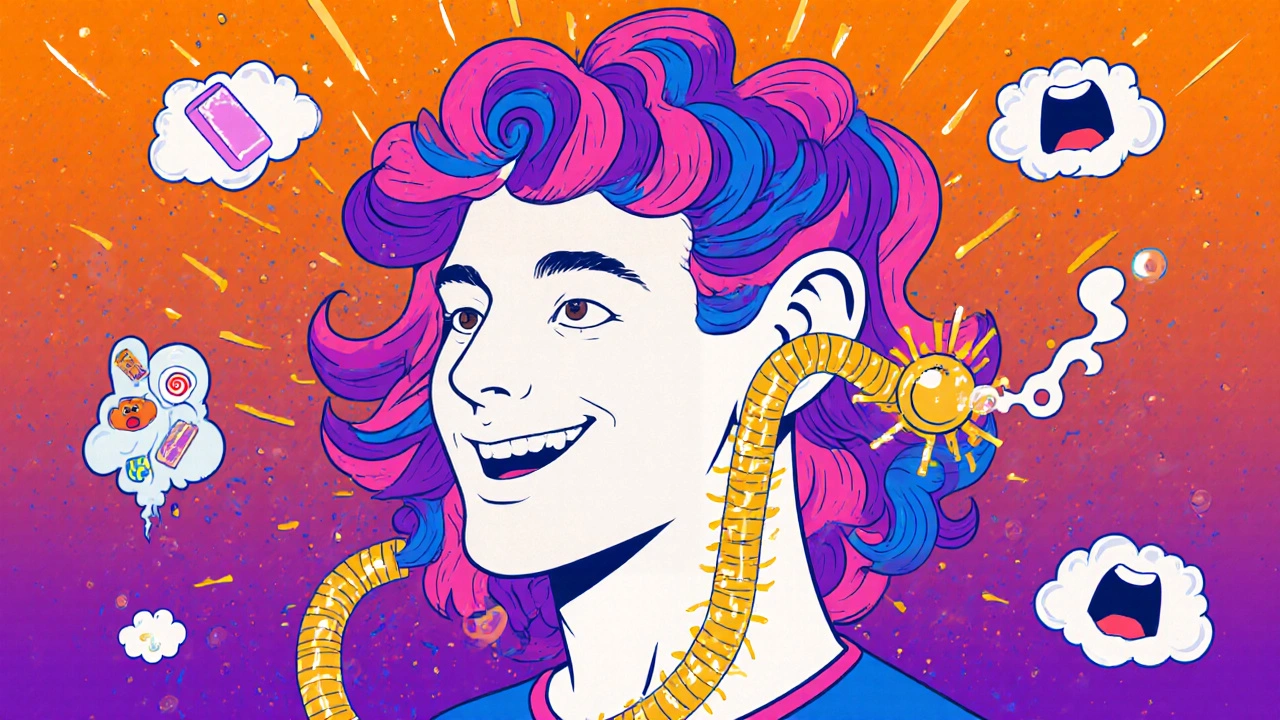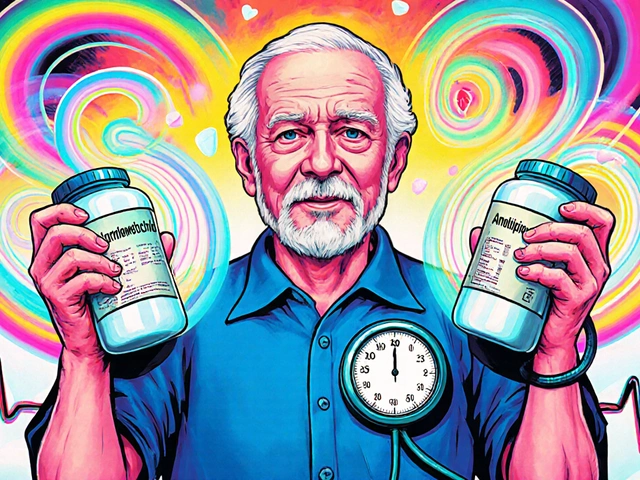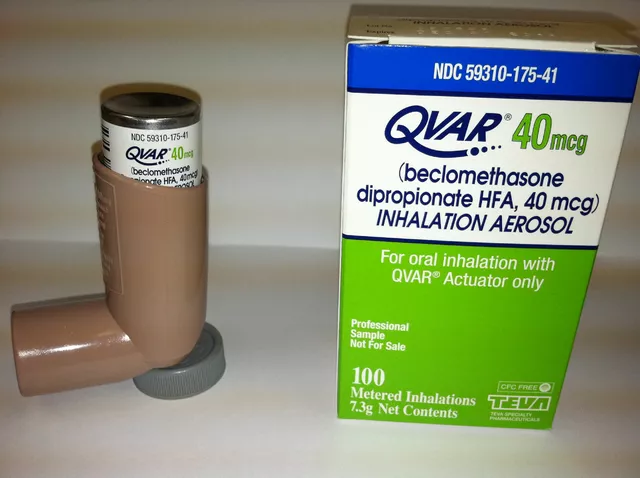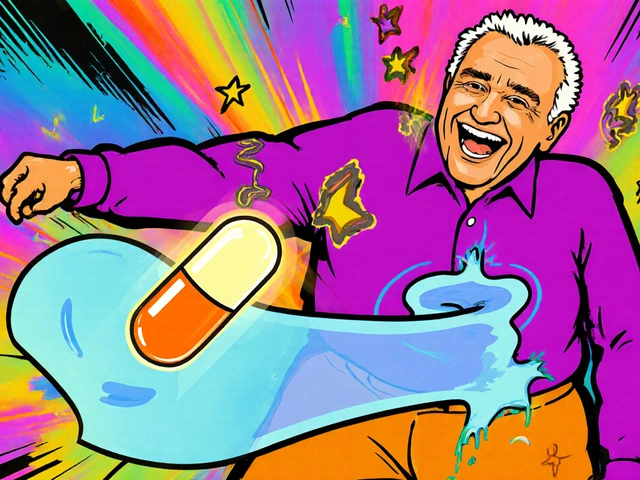Ear Fullness: Causes, Related Conditions, and What to Do
When your ears feel full, clogged, or muffled—like you’re underwater—it’s not just annoying, it’s a signal. This sensation, known as ear fullness, a common symptom of pressure imbalance or structural issues in the ear, often points to something deeper than just wax or allergies. It’s not a disease itself, but a warning sign tied to how your middle ear, Eustachian tube, or inner ear bones are functioning. Many people dismiss it as temporary, but if it lingers, it could be linked to conditions like otosclerosis, a condition where abnormal bone growth in the middle ear locks the stapes bone, blocking sound or Eustachian tube dysfunction, when the tube that equalizes pressure between the middle ear and throat gets stuck.
Ear fullness doesn’t happen in a vacuum. It often connects to other issues you might not realize are related. For example, if you’ve had recent colds, allergies, or sinus infections, that swelling can block the Eustachian tube, trapping air and fluid behind the eardrum. In older adults, especially women, conductive hearing loss, a type of hearing loss caused by physical blockages or stiffness in the ear’s mechanical parts is frequently the root cause—sometimes due to otosclerosis. And while most think of ear fullness as just a hearing problem, it can also come with dizziness, ringing, or even pain. These aren’t random side effects; they’re clues pointing to how the ear’s delicate balance is being disrupted. The good news? Many causes are treatable, whether with simple techniques like swallowing or yawning to open the tube, or medical interventions like hearing aids or surgery for otosclerosis, which restores hearing in about 90% of cases.
What you’ll find in the posts below isn’t just a list of random articles. It’s a practical guide built around real issues tied to ear fullness. You’ll see how otosclerosis leads to hearing loss, why medication interactions can affect ear pressure, how to spot when something more serious is going on, and what steps to take before it turns into a chronic problem. Whether you’re dealing with occasional blockage or persistent muffled hearing, these posts give you the facts—not guesses—to understand what’s happening and what to do next.
Eustachian Tube Dysfunction: Ear Pressure and Relief Options
Eustachian tube dysfunction causes ear pressure, muffled hearing, and popping sensations. Learn how to relieve it with simple home tricks, when to see a doctor, and what treatments actually work - from nasal sprays to balloon dilation.






